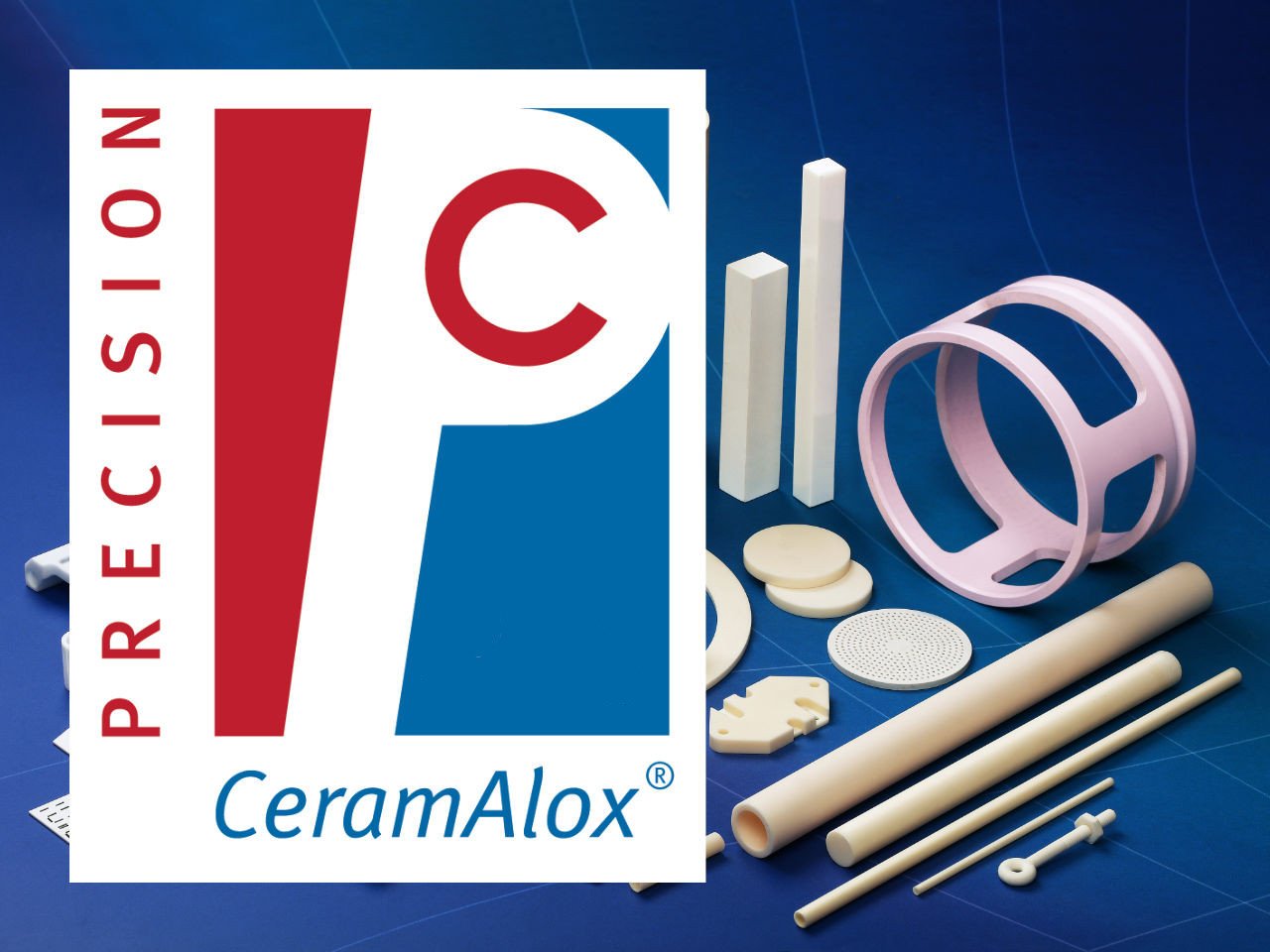Further Advance in Thermocouple Protection -Open-Both-End Advanced Ceramic Tubes & Insulators Now Available …
Precision Ceramics has further enhanced its existing range of closed-one-end advanced ceramic tubes and insulators with an additional range of open-both-end tubes.
With internal diameters ranging from 0.2mm to 25mm (external diameters from 0.7mm to 31mm) and in lengths from 174mm to 1,060mm, the 34 new items are now available from stock and can be purchased quickly and easily via the new Precision Ceramics Shopping Facility …
For customers requiring a non-standard tube length, Precision Ceramics offer a same-day cutting service from within their extensive machining facilities in Central Birmingham, UK.
Thermocouple Protection
Ideally suitable for thermocouple protection in high temperature measurement applications, the alumina-based tubes are used throughout many industries to aid monitoring the stability and performance of production processes especially those within hostile and aggressive chemical environments at temperatures up to 1,700°C. They are manufactured to DIN V ENV 12212 and are very strong, organically inert and well proven in a wide field of applications.
Protection Tubes
Alumina tubes are used as outer protection sheaths. For closed-one-end tubes they are specially produced as a one-piece unit rather than fusing an end piece on making them much stronger and more reliable in operation. The end seal guarantees complete resistance to penetration from the outer atmosphere and coupled with excellent thermal shock resistance, the tubes provide a safe, secure and completely accurate environment for temperature measurement and process monitoring.
Manufactured from almost pure (99.7%) Al2O3, they offer several distinct advantages …
- Manufactured in accordance with DIN VE 0335
- Suitable for operating temperatures up to 1,700°C
- Very high temperature stability and chemical resistance
- High electrical resistivity
Aluminium Oxide (Alumina)
Aluminium oxide (Al2O3), more commonly known as alumina, is a hard wearing material and used throughout many industries. Once fired and sintered, it can only be machined using diamond-grinding methods. Alumina is the most commonly used type of ceramic and is available in purities up to 99.9%. Its combination of hardness, high temperature operation (up to 1,700°C) and good electrical insulation makes it useful for a wide range of applications.
Almost pure alumina (99.7%) provides the highest temperature operation for protection tubes.Comprehensive Range
Initially Precision Ceramics offered a range of 15 Rubalit C 799 Closed-One-End-Tubes with internal diameters ranging from 4mm to 18mm (external diameters ranging from 6mm to 24mm) and in lengths from 530mm to 1,525mm.
These have now been complemented with the additional range of 34 Open-Both-End-Tubes with internal diameters ranging from 0.2mm to 25mm (external diameters from 0.7mm to 31mm) and in lengths from 174mm to 1,060mm.
Highlighted Materials

Alumina Tubes
CeramTec
The alumina-based tubes are used throughout many industries to aid monitoring the stability and performance of production processes especially in hostile and aggressive chemical environments.

Alumina (Aluminium Oxide)
CeramAlox™
Alumina, also known as Aluminium Oxide, is a hard wearing advanced technical ceramic material frequently used in a wide variety of industrial applications.





